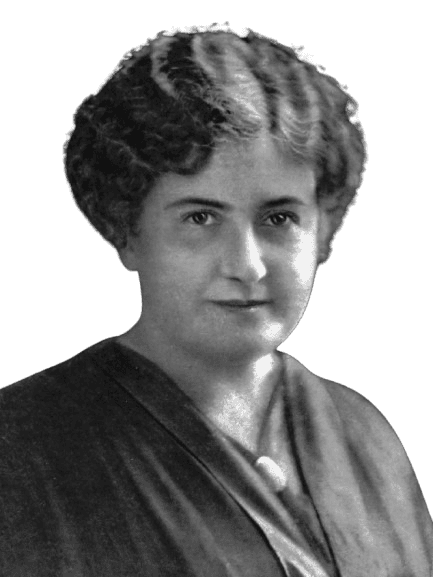Life and achievements
Early life
Maria Montessori was born on August 31, 1870, in Chiaravalle, Italy, to Alessandro Montessori and Renilde Stoppani. Her father was an official of the Ministry of Finance, while her mother was an educated woman who supported Maria in her learning. The Montessori family shifted to Rome when Maria was still a child, which gave her good educational facilities. She went to a technical school for boys and showed from an early age that she was not going to be stopped by gender roles.
At the age of 20, Montessori decided to become a doctor, which was a remarkable and difficult decision for a woman of her time. She encountered many challenges and was discriminated against, but she did not give up. She was one of the first women to graduate in medicine in Italy. She graduated in 1896, chose the branch of psychiatry, and began working with children with disabilities. This experience shaped her future practice and made her convinced that every child has a chance and that every child needs a good environment at school.
Legacy
Montessori's influence is immense, and her ideas have changed the way children are taught all over the world. Her approaches were child-centered and focused on the environment and the child's initiative. Montessori schools are now present all over the globe and encompass education from the early childhood stage to the teenage years. AMI, established in 1929, remains in charge of Montessori education and the maintenance of her principles to this date.
Montessori's interests were not limited to education; she was also a great advocate for peace and social justice. She thought that the future of the world depended on children, and thus, she devoted her life to teaching. Her impact is evident in today's education systems that promote learning by playing, using practical activities, and growing the child as a whole. Montessori has been awarded many times for her work, and she has been nominated for the Nobel Peace Prize several times.
Milestone moments
Jan 18, 1907
Opening of Casa dei Bambini
Maria Montessori began her first school, Casa dei Bambini, in the San Lorenzo district in Rome.
This was the start of Montessori's way of teaching and learning, where she introduced the new concept of child-centered education.
Montessori spent her time in this environment to study children and realized that children are very capable of learning in an environment where they can explore and manipulate objects on their own.
The Montessori Method that she developed during her time at Casa dei Bambini became popular and is still used to this day.
Oct 23, 1912
First Montessori School in the United States Opens Its Doors
The first Montessori school in America was opened in Tarrytown, New York.
This was the beginning of the spread of Montessori's educational approach to the international level, which was followed by the interest of educators and parents from all over the world.
The success of this school proved the Montessori Method to be applicable to any part of the world, hence the opening of many Montessori schools in the United States and other countries.
May 18, 1929
The Association Montessori Internationale (AMI) was Established
Maria Montessori and her son Mario established the Association Montessori Internationale (AMI) to regulate Montessori schools and the training of Montessori teachers all over the world.
This way, AMI guarantees the coherence and fidelity of Montessori principles in education and offers resources for Montessori teachers and schools.
The formation of AMI helped to guarantee the continuation of Montessori's work and the preservation of her teachings.
Oct 21, 1946
Montessori in India
Maria Montessori went to India and served at the Theosophical Society from 1939 to 1946.
While in India, she taught courses and tried to introduce the American education system to Indian students.
Montessori's work in India resulted in the opening of Montessori schools and the application of her ideas in the Indian education system.
Her work in India also proved that her methods are flexible and efficient in different cultures.
